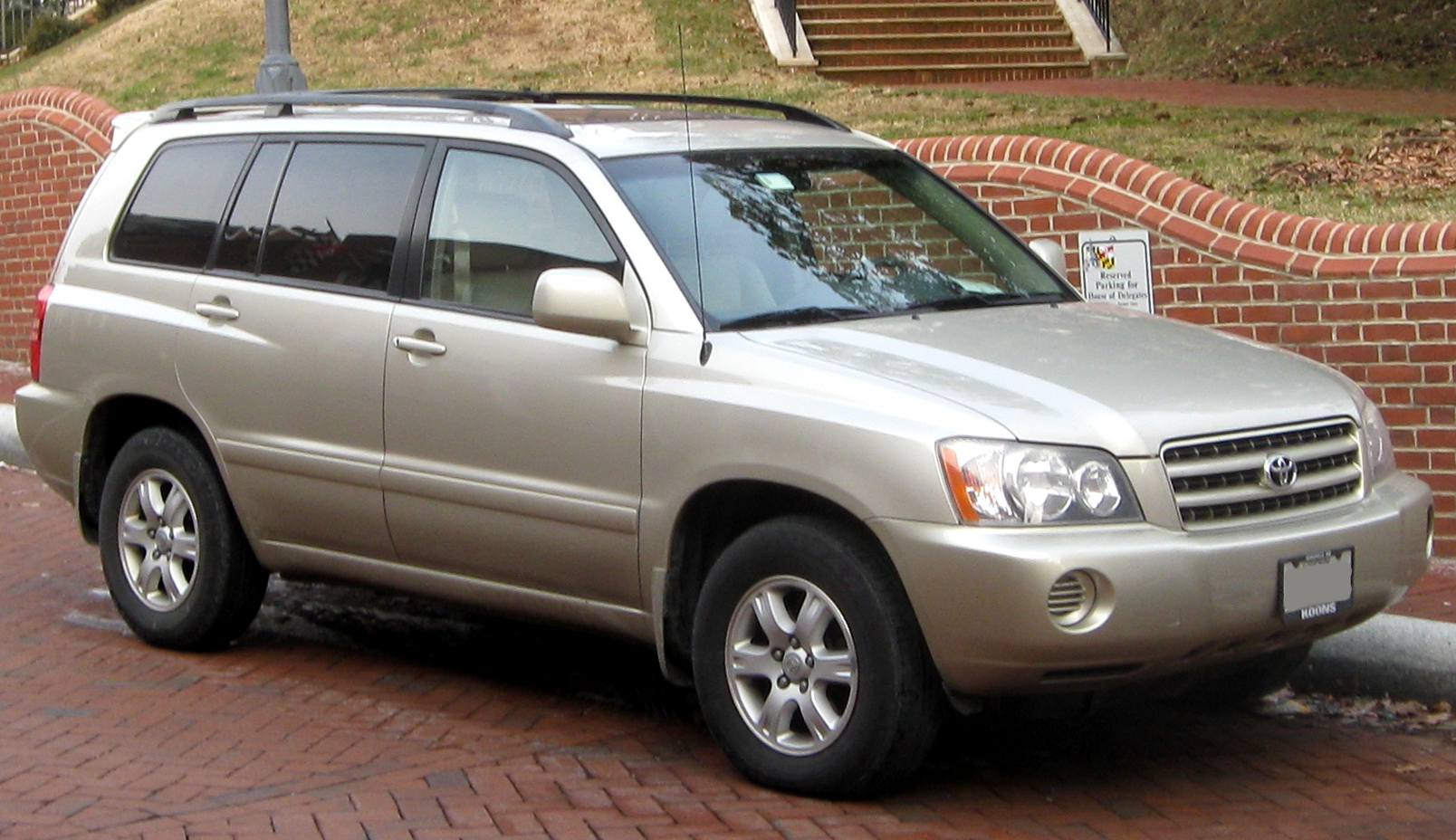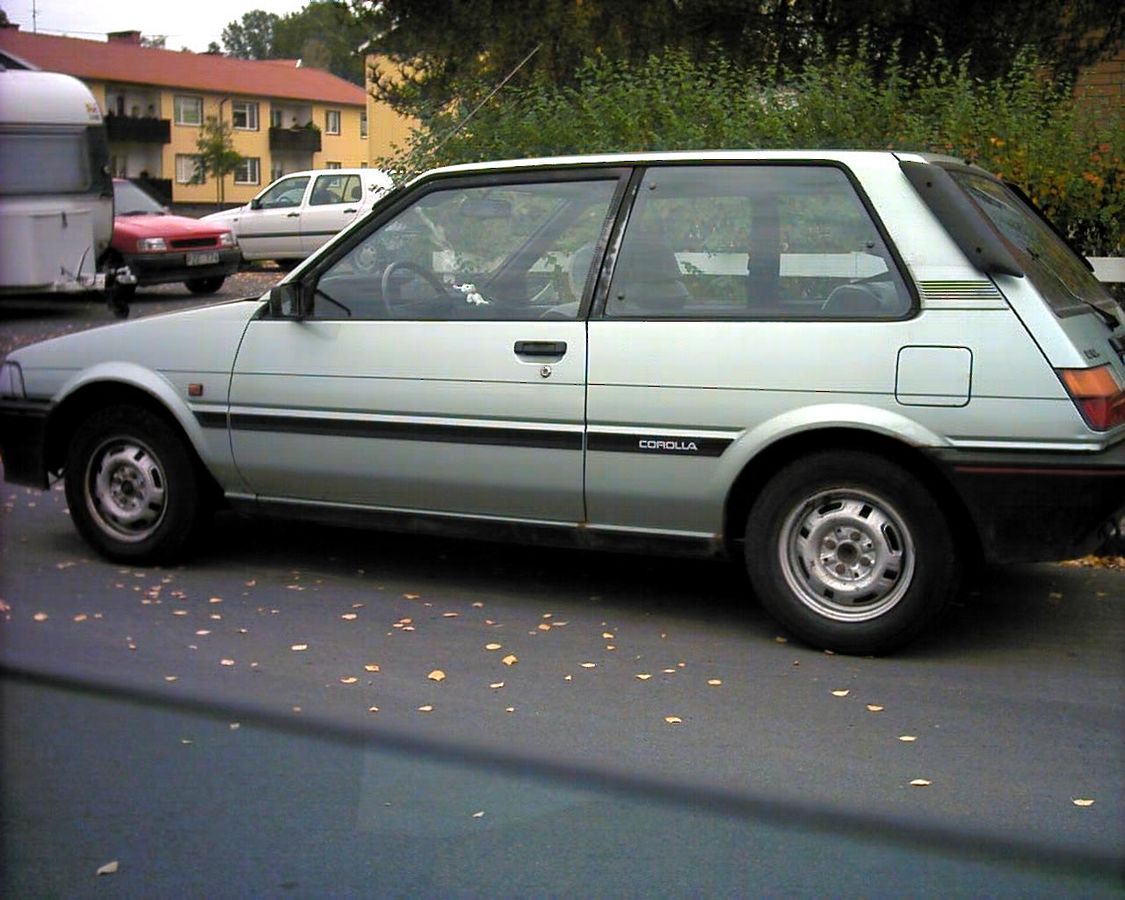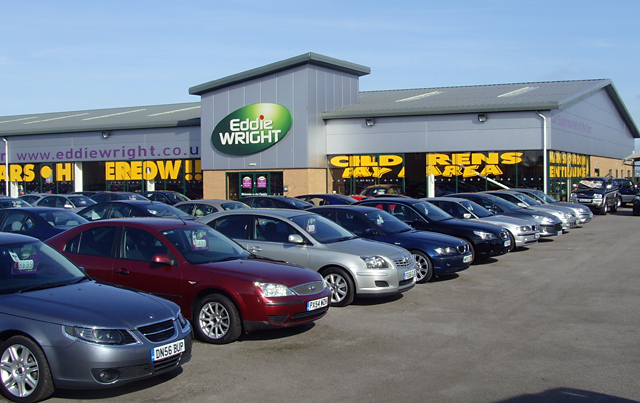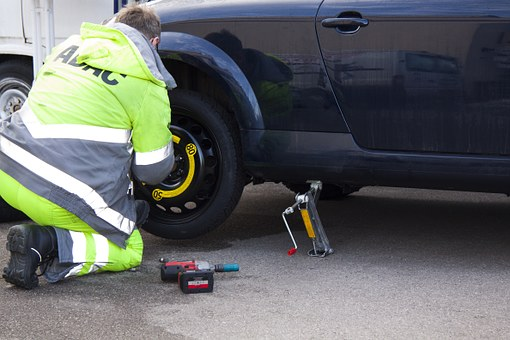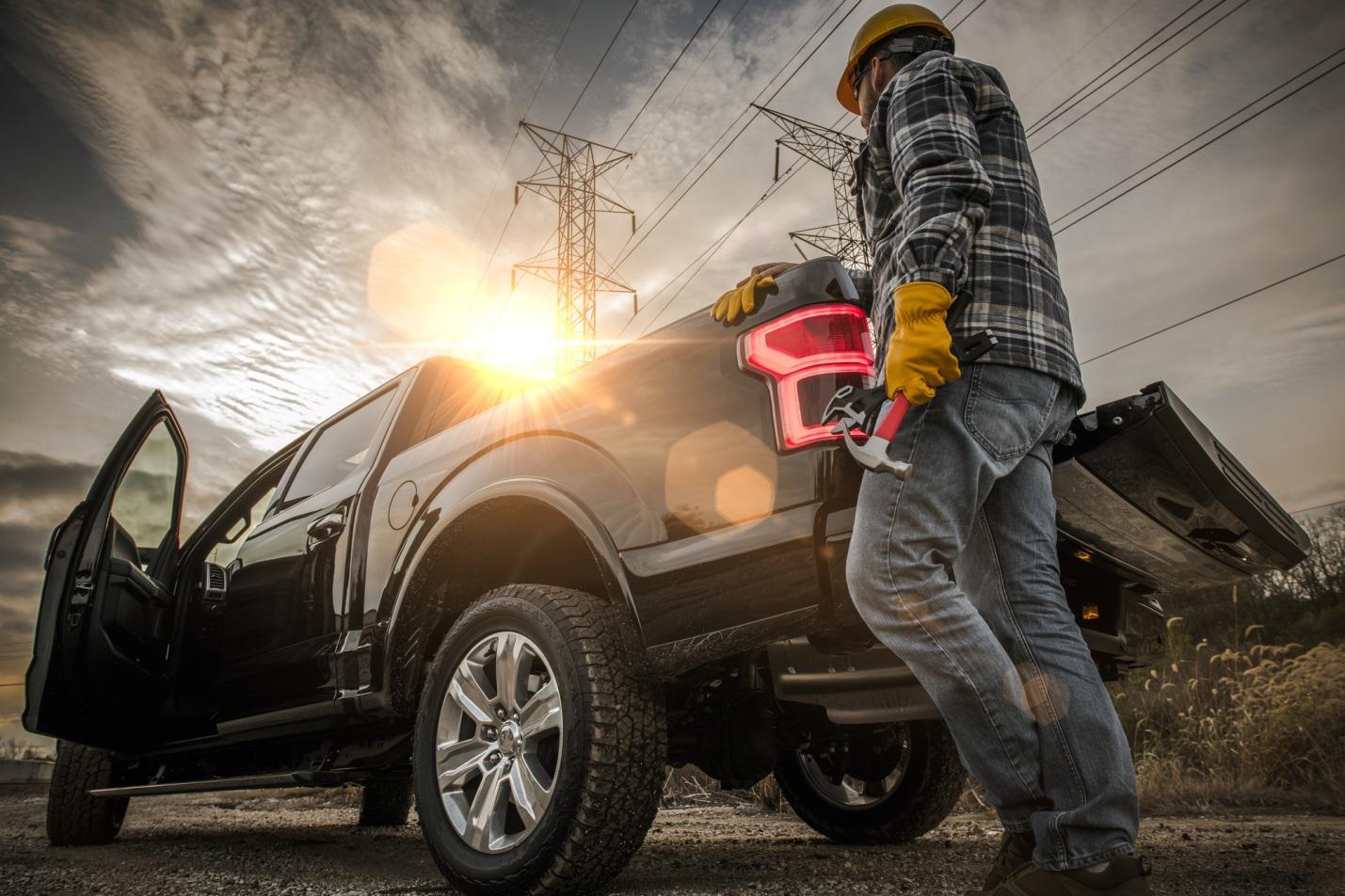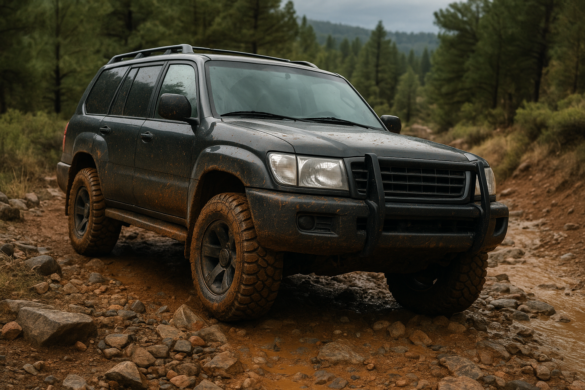Are you thinking about getting a new set of wheels? Read this article to learn about the top things to check when buying a car.
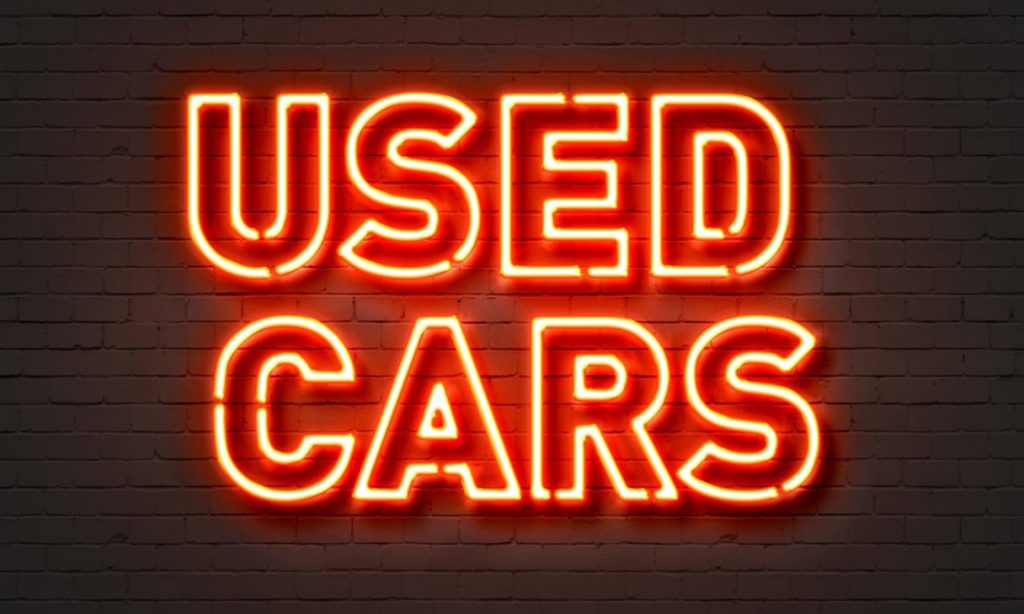
There’s a reason why the phrases “used car salesman” and “snake oil salesman” are often used interchangeably. The used car industry has a staggeringly overwhelming reputation as a hotspot for unsuspecting buyers to get cheated.
However, as a prospective car owner, it’s harder to find a better deal anywhere than in the used car market. So how do you buy a used car without getting stiffed? The answer is simple: know all of the things to check when buying a car, and make sure to check them out and ensure that the car is up to snuff before you start laying down cash.
For those of you among our readers who may not be so mechanically minded, knowing exactly what to check probably is no easy task. That’s precisely why we’ve written this guide!
In this article, you’ll learn all about the nine top things that you need to check before you walk away with a new car title in hand after a used car showing. Take some time to go through the list — even consider printing it out and taking it with you as a car buying checklist to go through the next time you’re out and about testing a used car.
1. Infotainment System
First and foremost, check out the infotainment system. Play with all of the buttons. Check all of the features, be that built-in satellite navigation, Apple’s CarPlay, an excellent stereo system, et cetera.
Play a song and turn the volume all the way up. Check out the different sound options on the car to make sure they all work. Try listening to the radio. Program in a destination, and start driving towards it to make sure that voice commands are being given. Basically, you want to test out every single aspect of the infotainment system that you would use as a car owner.
If you identify anything that isn’t working correctly, remember that infotainment systems are neither cheap nor easy to replace. So you’re looking at the cost of the part as well as the cost of labor to reinstall it. Thus, it’s better to be safe than sorry and spend some extra time checking it all out.
2. Lights
Check to make sure that all of the lights work. Stand outside the car and have the owner toggle on the indicators, hazards, headlights, taillights, fog lights, and any other lights that the vehicle might be equipped with.
Even if a bulb is out, that isn’t a big deal as bulbs are both cheap and easy to replace. However, a bulb being out may be a sign that the owner did not go to pains to take care of the care, which could be a warning for the internals of the car. Either way, you can use any broken bulbs to drive down the price when you start haggling.
3. Check Engine Codes
As a general rule of thumb, you want to stay away from any cars that have a check engine light on. But if you’re feeling a little brave and are a little more mechanically-minded, chances are that you could get a car for a steal of a deal simply by checking the engine code to see what error is being thrown up.
If the error is being thrown up is a simple fix, it may be worth it to purchase the car anyway.
4. Oil Leaks
If your car burns oil, that’s bad news for both your wallet in terms of how much oil you’ll need to top the car off, as well as for your engine (which ultimately again means your wallet will take another hit when it comes time to replace or fix that sucker).
Check all around the engine bay and under the car to ensure that no leaks are present.
5. Maintenance Schedules
A car owner who takes good care of his vehicle will adhere very strictly to the suggested maintenance schedule from the manufacturer. The more maintenance records the owner has, the better the chances that the car is well cared for and in good condition internally.
6. Depreciation
Take a look at the depreciation curve for the used car. Has it already hit rock bottom, or is there a chance that the car could depreciate further after you purchase it? Factor in the answer to that question when you start haggling on price.
7. Carfax
Carfax is a neat website that will give you detailed accident and insurance claim history on a vehicle. You can’t always trust a dealership or owner when they say that the car’s never been in an accident.
If there’s one thing you take from this guide, it should be that you ought to pay a few bucks for the Carfax report and buy yourself some peace of mind that the vehicle you’re about to make an offer on has never been wrecked.
8. High Performance at All Speeds
When you take the car out for a test drive, be sure to test the car’s performance at all speeds. You may need to drive a bit to get on a major highway or an interstate. The owner or dealership should be understanding of this; if they’re not, chances are that they have something to hide.
Some problems manifest themselves only at higher speeds, so be sure that you’re able to take it up to those speeds before committing to purchasing the vehicle.
9. Cold Starts
It’s harder for cars to start when they’re cold. Bad cold starts could mean a whole host of issues, from problems with your engine turn over to your electrical system. Make sure that you get an opportunity to start the car cold to see if there are any issues. Tell the dealership or owner ahead of time that you want to see the car cold.
All the Things to Check When Buying a Car
With this list of nine things to check when buying a car, you’re all set to make an offer on your vehicle of choice! Print this list out and take it with you when you go to see the vehicle, and you’ll never get stiffed again.
For more lifestyle advice, be sure to check out the rest of the articles on the website!

